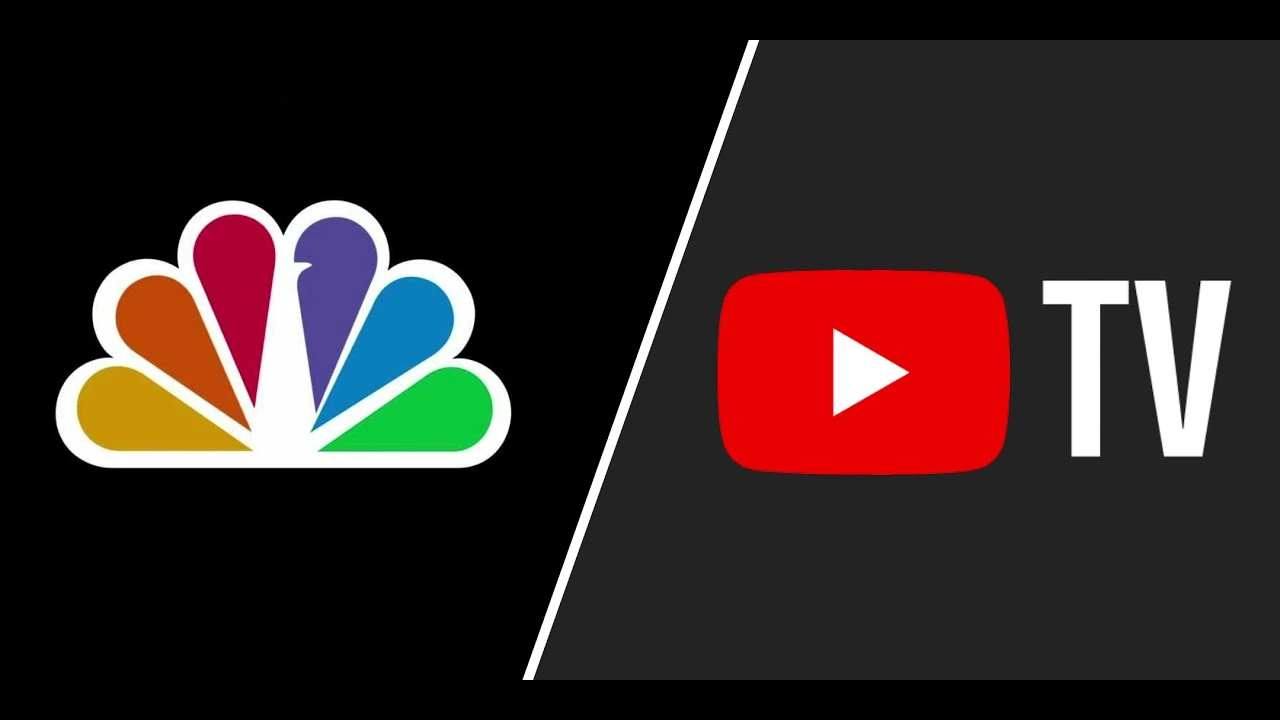Alphabet Inc.’s Google and Comcast owned NBCUniversal have reached a multi year agreement to keep NBC’s full lineup of television programming available on YouTube TV, ending a tense round of negotiations that had raised concerns over potential blackouts for millions of subscribers.
The deal ensures that popular NBCUniversal shows including Sunday Night Football, The Voice and America’s Got Talent will remain accessible to YouTube TV viewers across the United States.
It also renews the availability of NBCUniversal’s streaming platform, Peacock, across Google’s Android ecosystem and YouTube’s Primetime Channels marketplace.
This deal builds on our longstanding partnership with NBCU while addressing the evolving media landscape and recognizing the importance of making content available where and how viewers want to watch it, Justin Connolly, global head of media and sports at YouTube, said in a statement.
The agreement follows months of negotiations between Google and NBCUniversal over carriage fees and distribution terms for YouTube TV.
Talks had stalled in recent weeks, prompting a short term extension to avoid service disruption for YouTube TV’s more than eight million subscribers.
NBCUniversal, a division of Comcast Corp., owns a wide portfolio of television networks including NBC, CNBC, Bravo and Telemundo. The company also operates Peacock, its streaming platform that has become a key part of NBCU’s digital strategy as more viewers shift to online content.
YouTube TV, launched in 2017, has grown rapidly into one of the top four pay TV distributors in the country, competing with legacy providers like Comcast’s Xfinity and satellite services such as Dish Network. The service offers more than 100 live channels, cloud DVR, and on demand content at a base price of $72.99 per month.
Industry analysts said the deal reflects growing pressure on both tech and media companies to secure favorable terms as consumers migrate away from traditional cable bundles toward streaming and digital platforms.
The stakes were high for both sides, said Marissa Clarke, a media analyst at Horizon Insights. “NBCUniversal needed continued access to YouTube TV’s large and younger audience, while Google couldn’t afford to lose marquee content that draws subscribers. The agreement shows how partnerships are evolving in a converging media landscape.”
Clarke noted that YouTube TV’s position as one of the largest distributors gives Google leverage in negotiations, especially as the platform now accounts for the largest share of TV viewing in the United States, surpassing Netflix and traditional broadcasters, according to Nielsen data.
Media consultant Anthony Rivera added that the deal underscores the “mutual dependency” between tech giants and content producers.
Without premium content like NBC’s live sports and reality shows, YouTube TV’s value proposition weakens. On the other hand, networks like NBCU need digital distribution to maintain relevance and advertising reach, Rivera said.
Recent Nielsen analytics show that YouTube and YouTube TV collectively now hold the top share of US television viewing, outpacing Netflix, Disney+, and Hulu. YouTube TV alone is estimated to have over eight million paying subscribers, placing it among the top four pay TV distributors alongside Comcast, Charter Spectrum, and Dish.
NBCUniversal’s networks, particularly NBC Sports, contribute significantly to live viewership through broadcasts of major events such as the NFL, the Olympics, and primetime entertainment. Losing access to those channels could have resulted in subscriber cancellations for YouTube TV, similar to disputes seen in past years with other providers.
In comparison, previous carriage disputes such as Disney’s brief blackout on Charter Spectrum in 2023 led to noticeable subscriber churn, highlighting the importance of uninterrupted access to major channels.
For subscribers, the resolution comes as a relief. “I was worried I’d lose Sunday Night Football right in the middle of the season,” said Alex Mendoza, a YouTube TV customer in Dallas. “It’s good to see they reached a deal without cutting off service.”
Industry employees also expressed optimism. Our goal has always been to keep NBC programming accessible to as many viewers as possible, said Karen Li, a spokesperson for NBCUniversal. This agreement ensures that fans can continue watching their favorite shows seamlessly.
Some consumers, however, remain cautious about potential future disputes. “It feels like every few months there’s a new standoff between platforms and networks,” said Teresa Graham, a media studies lecturer at the University of California. It’s a reminder of how complex and fragile the streaming ecosystem has become.
Under the new agreement, NBCUniversal’s Peacock will continue to be offered through YouTube’s Primetime Channels, a marketplace within the YouTube app that allows users to subscribe to third party streaming services. The deal also renews Peacock’s distribution across Google Play and Google TV platforms.
Experts expect the collaboration to expand further, potentially integrating more on demand and live streaming features as competition intensifies among major players like Netflix, Disney, Amazon Prime Video, and Apple TV+.
“This is not just a contract renewal; it’s part of a broader strategy to secure content pipelines for the next phase of digital television,” Clarke said. “As ad supported streaming and bundled services grow, these partnerships will define how Americans watch TV.”
The resolution also sends a signal to other media companies, including Paramount and Fox, which are currently negotiating new terms with major distributors. Alphabet’s financial strength and YouTube’s market dominance may shape the outcome of future deals.
The multi year agreement between Google and NBCUniversal ensures that YouTube TV subscribers will retain uninterrupted access to NBC’s networks and streaming content while reinforcing the evolving relationship between traditional media and tech platforms.
As streaming consumption continues to grow and the battle for viewers intensifies, partnerships like this one illustrate how legacy broadcasters and digital distributors must collaborate to meet changing audience expectations and secure their footing in a rapidly shifting entertainment industry.
